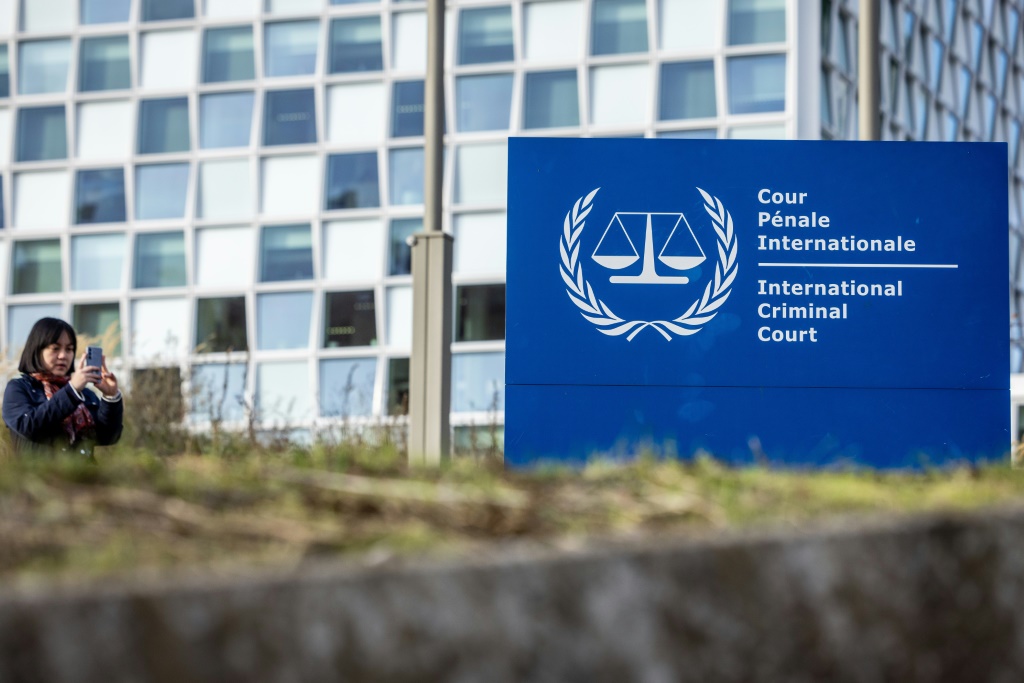The International Criminal Court Rejects Israel's Request to Cancel Arrest Warrants for Netanyahu and Galant and Confirms Continuation of Investigation
October 17, 2025184 ViewsRead Time: 2 minutes

Font Size:
16
The Pre-Trial Chamber I of the International Criminal Court rejected an Israeli request to cancel the arrest warrants issued against Prime Minister Benjamin Netanyahu and former Defense Minister Yoav Galant, as well as to freeze the ongoing investigation into the war in Gaza.
The decision, which was issued on July 16, 2025, came in response to a petition submitted by Israel on May 9 of the same year, in which it requested the court to annul or suspend the warrants on the grounds of lack of jurisdiction.
The court clarified that Israel's justifications regarding the lack of jurisdiction of the International Criminal Court are "unfounded," confirming that the investigation into "the situation in Palestine" will continue, and that the arrest warrants remain in effect until the appeals are resolved.
Thus, the court has rejected two separate requests: the first to cancel or suspend the arrest warrants, and the second to suspend the entire investigation.
The warrants issued against Netanyahu and Galant accuse them of committing war crimes and crimes against humanity during the Israeli military operations in the Gaza Strip, including using starvation as a weapon of war and preventing humanitarian aid from reaching civilians.
This decision represents a diplomatic setback for Israel, which has sought in recent months to rally international support to annul the warrants, considering that the court does not have jurisdiction over the Israeli-Palestinian conflict.
In contrast, Palestinian parties and human rights organizations welcomed the decision, viewing it as an important step towards holding Israeli officials accountable for the violations committed in Gaza.
The decision enhances the status of the International Criminal Court as an independent judicial authority and places Netanyahu and Galant under a constant threat of arrest should they travel to any of the member states of the Rome Statute, which may restrict their diplomatic movements and increase Israel's isolation on the international stage.